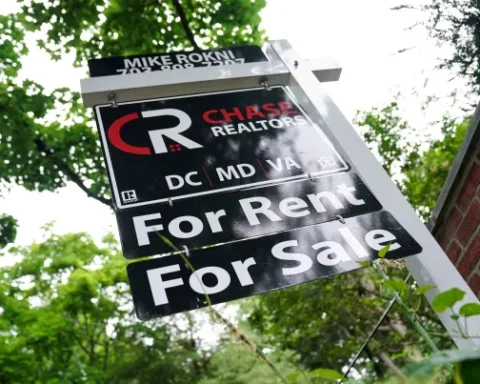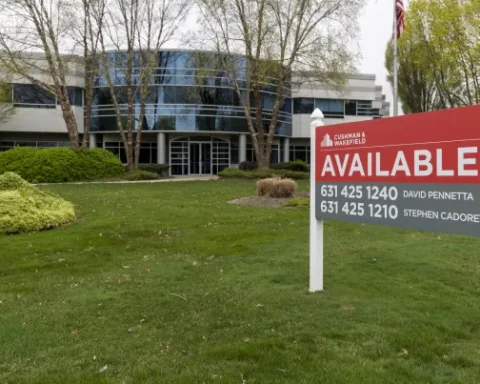In the fluctuating world of real estate and mortgage rates, whether to refinance a mortgage is pivotal for homeowners looking to save money. With the Federal Reserve’s interest rate cuts uncertain, those who secured mortgages when rates ranged between 6% and 8% are keenly observing the market for refinancing opportunities. The refinance activity 2023 hit its lowest in 30 years, a testament to the high mortgage interest rates that deterred homeowners from seeking better deals. Freddie Mac reported a significant dip in mortgage refinance originations, with the figures at merely $75 billion and $80 billion for the first and second quarters of 2023, respectively.
Jeff Ostrowski, a housing analyst at Bankrate, observed, “Because rates shot up so much over the past few years, refinancing activity has mostly disappeared.” Despite a slight 2.9% increase in refinancing activity in February compared to the previous year, the overall trend suggests a cautious stance among homeowners. This brings us to the crucial signs indicating it might be wise to refinance.
1. A Significant Rate Drop: According to Chen Zhao, a senior economist at Redfin, refinancing becomes appealing once rates decline by at least 50 basis points from your current rate. Zhao emphasizes, “There are costs associated with it, but the costs are low compared to the savings over the long term.” With the economic landscape not favoring dramatic rate cuts, there might be better options than waiting for the historically low rates during the early COVID-19 pandemic.
2. Cash for Closing Costs: Refinancing is akin to securing a new loan, entailing closing costs like appraisal and title insurance. Jeff Ostrowski notes the importance of paying these upfront to avoid accruing interest over the loan’s lifespan, highlighting a strategic approach to refinancing.
3. FHA Loan Holders: Refinancing could be a pathway to shedding the mandatory mortgage insurance premium, which can be a substantial monthly expense for those who bought homes with FHA loans. Ostrowski points out, “If you got an FHA loan, it could make sense to refi for a rate that is only a little bit lower if you’re going to be able to knock out that mortgage insurance premium.”
While the future of Federal Reserve rate cuts remains uncertain, homeowners should consider refinancing if they can secure a significantly lower rate, afford closing costs upfront, or eliminate costly insurance premiums. As the market evolves, staying informed and ready to act could lead to substantial savings and financial benefits in the long run.







